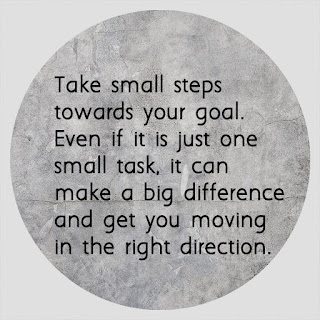A FEW THINGS TO DO WHEN YOU ARE EXPERIENCING DISCOMFORT IN A PARTICULAR SITUATION..👍

If you are experiencing discomfort in a particular situation, I'd like to suggest that you: It is very important that you identify the cause of your discomfort and once you have identified it, you can work towards addressing the issue. Take time out to do something that makes you feel good—self care—and this could include listening to music, enjoying the company of wonderful people, fellowshiping with people of like minds, volunteering, knitting, taking a walk, practicing deep breathing exercises, gratitude or anything at all that makes you feel good. You can also seek a professional help. Be positive and stay focused on the positive. Find something positive or uplifting in the situation, no matter how small it may seem. This can help shift your perspective and reduce discomfort. Ensure to take action towards resolving the cause of your discomfort. Even small steps can help you feel more in control and reduce the discomfort. ❤️💡





